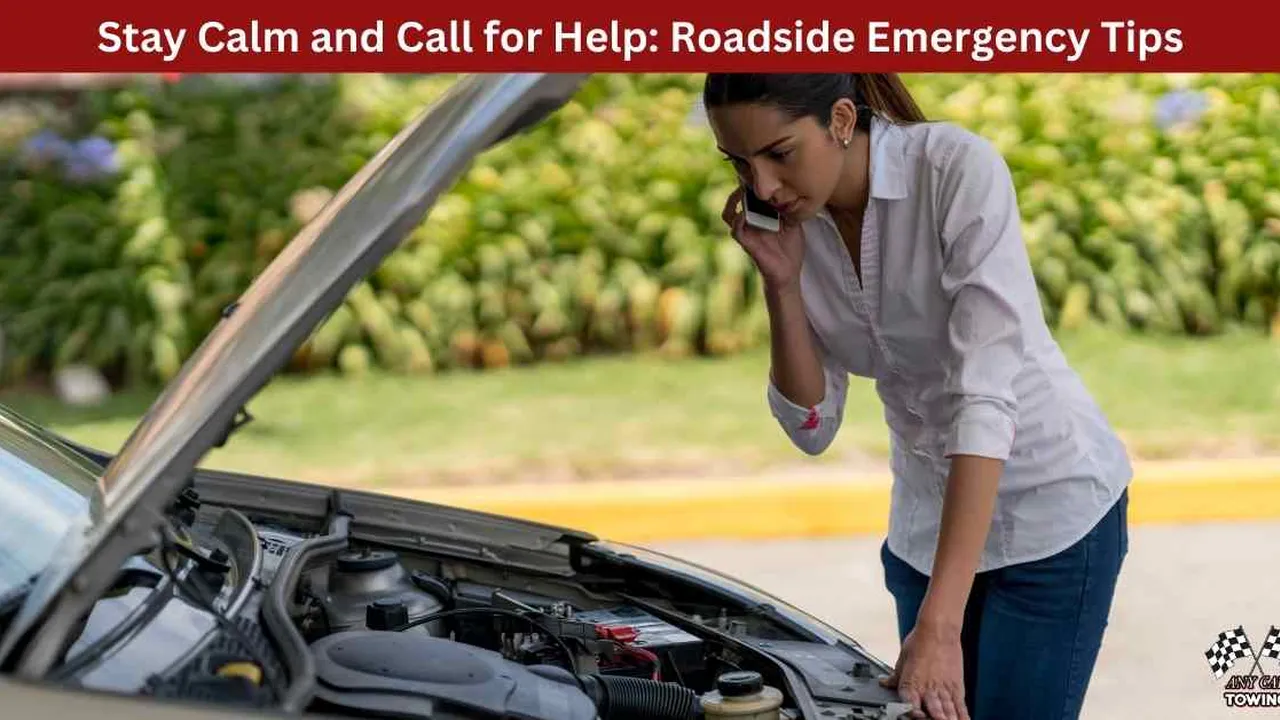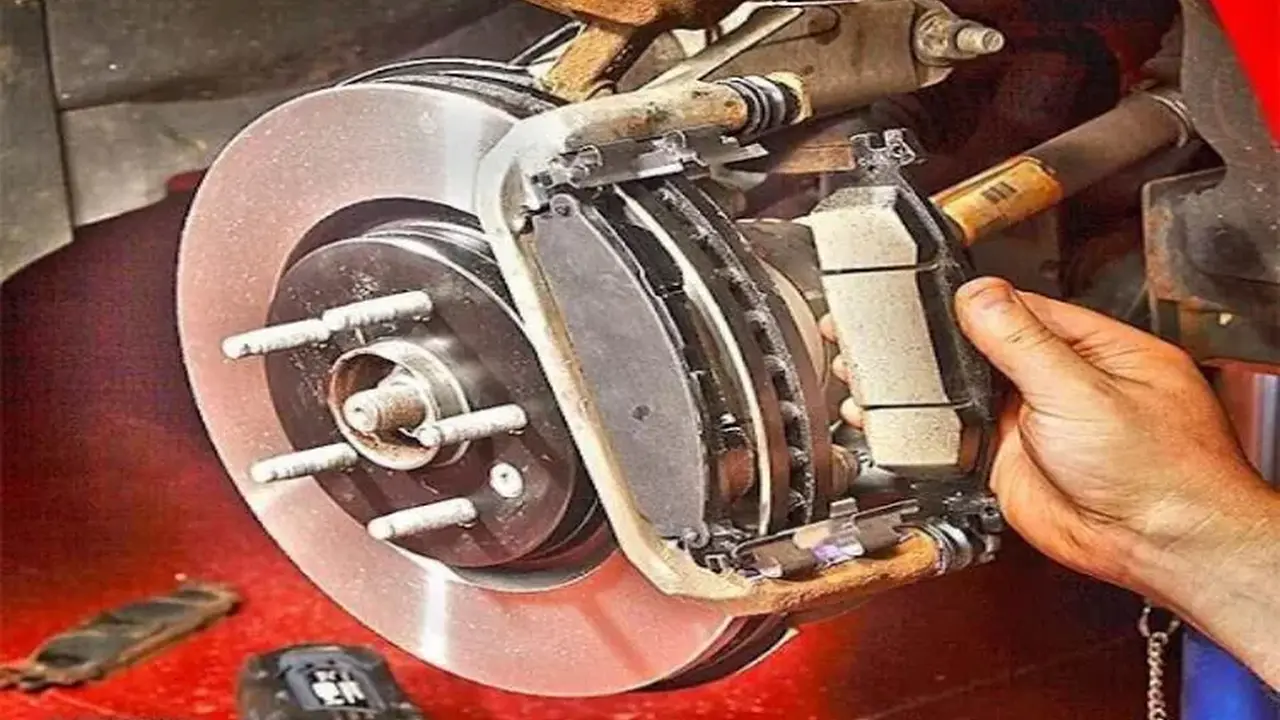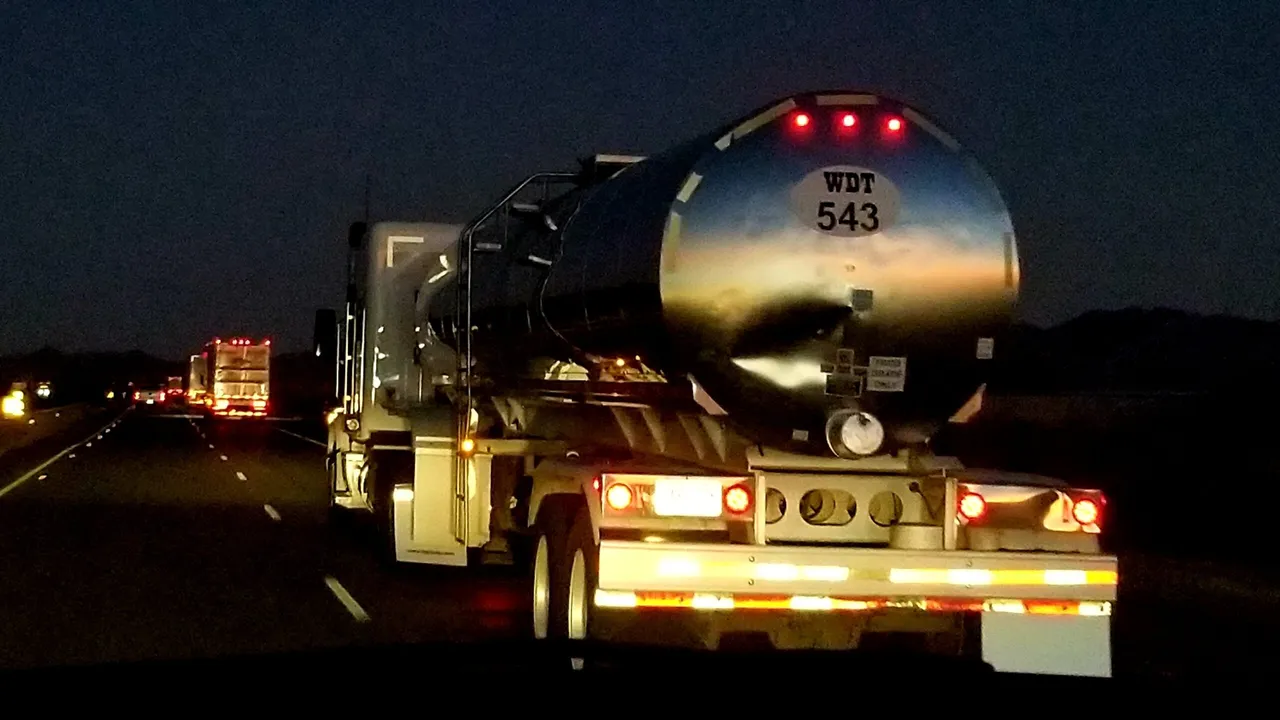How to Stay Calm in a Roadside Emergency: Stress Management

Understanding Roadside Emergency Stress and Anxiety First Aid
Okay, so you're stuck on the side of the road. Flat tire? Engine trouble? Whatever it is, your heart's probably pounding, and your palms are sweaty. It's totally normal to feel stressed in a roadside emergency. But panicking won't help you fix the problem. In fact, it can make things worse. Let's break down why you're feeling this way and what you can do about it. Roadside emergencies trigger our fight-or-flight response. Your body is pumping adrenaline, preparing you to either confront the danger or run away from it. The problem is, there's usually no actual physical threat to fight or flee from. You're just stuck with all that nervous energy. Understanding this physiological response is the first step to managing it. Acknowledging that your anxiety is a normal reaction to a stressful situation can help you regain control.
Immediate Stress Reduction Techniques Roadside Safety
Alright, the first thing you need to do is take a deep breath. Seriously. Inhale slowly and deeply through your nose, hold it for a few seconds, and then exhale slowly through your mouth. Repeat this several times. Deep breathing helps to slow down your heart rate and calm your nervous system. It's a simple but powerful tool you can use anywhere, anytime. Another great technique is to focus on your senses. What do you see? What do you hear? What do you smell? By grounding yourself in the present moment, you can distract yourself from your anxious thoughts. Try to find something positive to focus on, even if it's just the blue sky or a pretty flower. If you have a passenger with you, talk to them. Talking can help you process your emotions and feel less alone. Just avoid dwelling on the negative aspects of the situation. Instead, focus on problem-solving and finding solutions.
Roadside Emergency Preparedness Kit Essential Items and Stress Reduction
One of the best ways to reduce stress in a roadside emergency is to be prepared. A well-stocked emergency kit can give you peace of mind knowing you have the tools you need to handle common problems. Here are some essential items to include in your kit: * Jumper cables: For a dead battery. * A spare tire and tools to change it: Make sure you know how to change a tire! * A flashlight: For visibility at night. * A first-aid kit: For minor injuries. * A warning triangle or flares: To alert other drivers to your presence. * A cell phone charger: To keep your phone powered up. * Water and snacks: In case you're stranded for a while. * A blanket: To stay warm in cold weather. Having these items on hand can significantly reduce your stress levels in an emergency. Knowing you are prepared to handle the situation will boost your confidence and give you a sense of control. Regular maintenance of your vehicle can also prevent roadside emergencies. Check your tire pressure, fluid levels, and battery regularly to avoid breakdowns. A little preventative maintenance can go a long way in reducing stress on the road.
Long-Term Stress Management Strategies for Drivers Safety
Dealing with roadside emergencies can be stressful, but it's important to manage your stress levels in the long term too. Chronic stress can lead to a variety of health problems, so it's important to find healthy ways to cope. Here are a few strategies to try: * Exercise: Regular exercise is a great way to relieve stress and improve your overall health. * Meditation: Even a few minutes of meditation each day can help you calm your mind and reduce stress. * Yoga: Yoga combines physical postures, breathing techniques, and meditation to promote relaxation and reduce stress. * Spending time in nature: Studies have shown that spending time in nature can lower stress hormones and improve mood. * Connecting with loved ones: Talking to friends and family can help you feel supported and less alone. * Getting enough sleep: Lack of sleep can worsen stress, so aim for 7-8 hours of sleep per night. Incorporating these strategies into your daily routine can help you manage stress levels and improve your overall well-being. Remember, taking care of your mental health is just as important as taking care of your physical health.
Product Recommendations for Roadside Emergency Preparedness Safety
Let's talk about some specific products that can make a real difference when you're stuck on the side of the road. * NOCO Boost Plus GB40 1000 Amp 12-Volt UltraSafe Lithium Jump Starter: This little gadget is a lifesaver. It can jump-start your car in seconds, even if your battery is completely dead. It's compact, easy to use, and can hold a charge for months. Use Case: Perfect for anyone who wants a reliable jump starter without relying on another vehicle. Comparison: Cheaper jump starters exist, but the NOCO Boost Plus is known for its quality and reliability. Price: Around $100. * Lifeline AAA Premium Road Kit: This kit includes everything you need for most roadside emergencies, including jumper cables, a tow rope, a first-aid kit, a flashlight, and more. Use Case: Ideal for new drivers or anyone who wants a comprehensive emergency kit. Comparison: Some kits are cheaper, but the Lifeline AAA Premium Road Kit offers a good balance of quality and value. Price: Around $50. * Anker PowerCore 10000 Portable Charger: Don't let your phone die in an emergency. This portable charger can charge your phone multiple times, ensuring you can stay connected. Use Case: Essential for keeping your phone powered up when you're away from an outlet. Comparison: There are many portable chargers on the market, but the Anker PowerCore 10000 is known for its reliability and fast charging speeds. Price: Around $25. * EPAuto Portable Air Compressor Pump: A flat tire can be a major inconvenience, but this portable air compressor can help you inflate your tire enough to get to a repair shop. Use Case: Great for topping off tires or inflating a spare tire after a flat. Comparison: Some air compressors are louder or slower, but the EPAuto Portable Air Compressor Pump is known for its quiet operation and fast inflation speeds. Price: Around $30.
Staying Positive and Focused Roadside Assistance
It's easy to get discouraged when you're stuck on the side of the road, but it's important to stay positive and focused. Remember that roadside emergencies are usually temporary inconveniences, and you will eventually get back on the road. Focus on what you can control. Can you change the tire yourself? Can you call for help? Can you make the area safe for other drivers? By focusing on what you can do, you'll feel more empowered and less stressed. Avoid dwelling on the negative aspects of the situation. Don't beat yourself up for not knowing how to fix the problem. Don't focus on how late you're going to be. Instead, focus on finding solutions and staying safe. If you're feeling overwhelmed, take a break. Step away from the situation for a few minutes and take some deep breaths. Listen to some calming music or read a book. Do whatever helps you relax and clear your head. Remember, you're not alone. Millions of people experience roadside emergencies every year. Stay calm, stay focused, and you'll get through it.
:max_bytes(150000):strip_icc()/277019-baked-pork-chops-with-cream-of-mushroom-soup-DDMFS-beauty-4x3-BG-7505-5762b731cf30447d9cbbbbbf387beafa.jpg)






